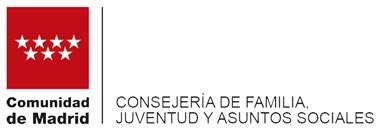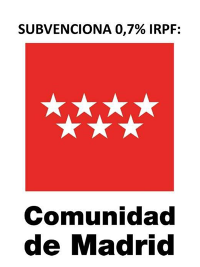According to its statutes, the Fundación Querer has four key programs to which it devotes all of its financial resources
What exactly are rare diseases?
The Foundation focuses on neuro-cognitive diseases such as language disorders, aphasia, motor disorders, and autism. These illnesses differ, although they all manifest in childhood, and affected children show abnormal electroencephalograms (“EEG”). Motor issues are typical among affected individuals. The Fundación Querer is particularly interested in untreatable epilepsy, but its ultimate goal is to assist all parents, families, and children with learning disabilities who are affected by a neurological disease.
Rare diseases (RDs), sometimes known as minority or orphan diseases, are a group of diseases with a low prevalence (less than five cases per 10,000 inhabitants). However, having a rare condition is not so “uncommon”; in fact, 6 to 8% of the world’s population could be affected by one of these diseases. This means more than 3 million Spaniards, 27 million Europeans, and 25 million Americans.
There are between 5,000 and 7,000 known rare diseases, the most majority of which (about 75%) are caused by genetic abnormalities, however environmental exposure during pregnancy or after birth can also have an effect, often in conjunction with genetic susceptibilities. It is also estimated that approximately 4,000 of these disorders are incurable.
In Spain alone, 1,147 rare diseases have been diagnosed.
















